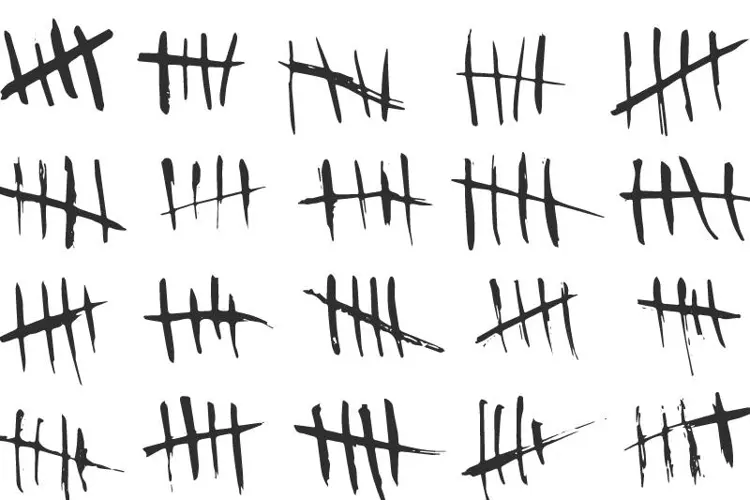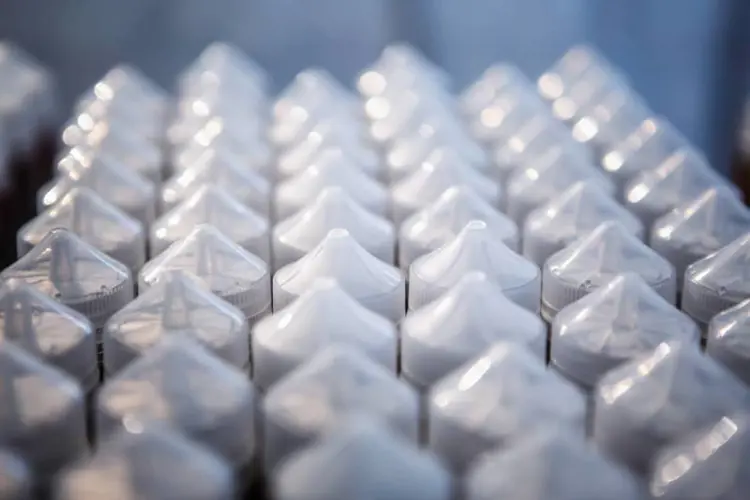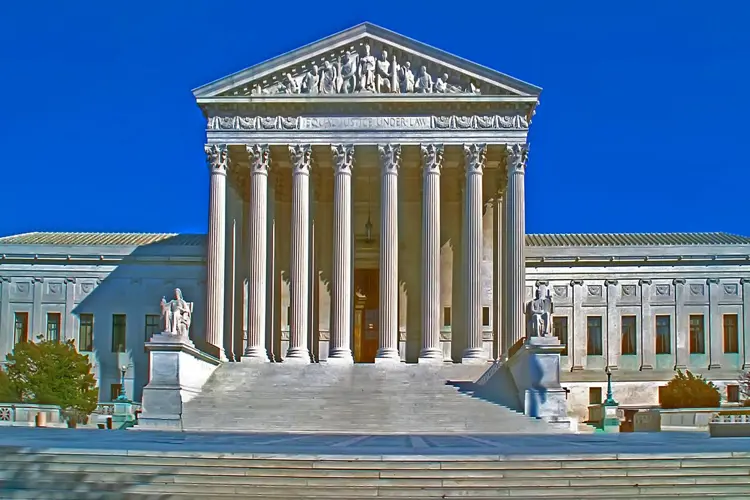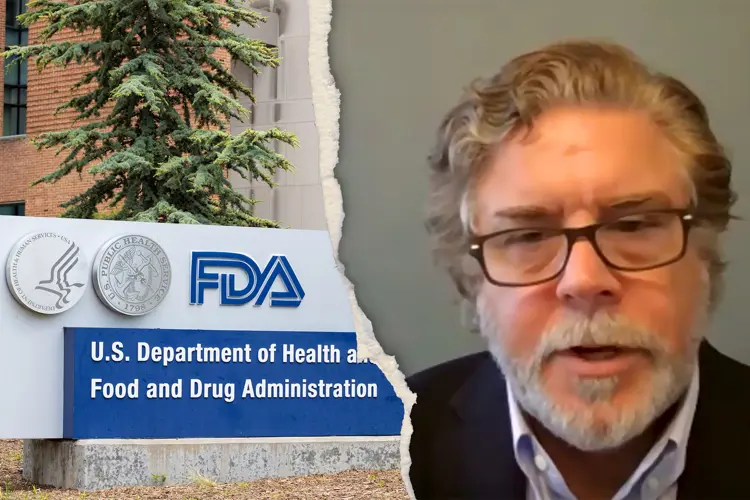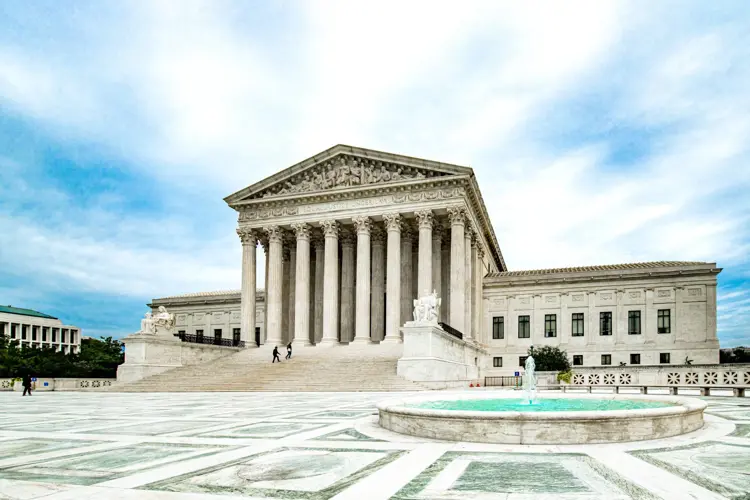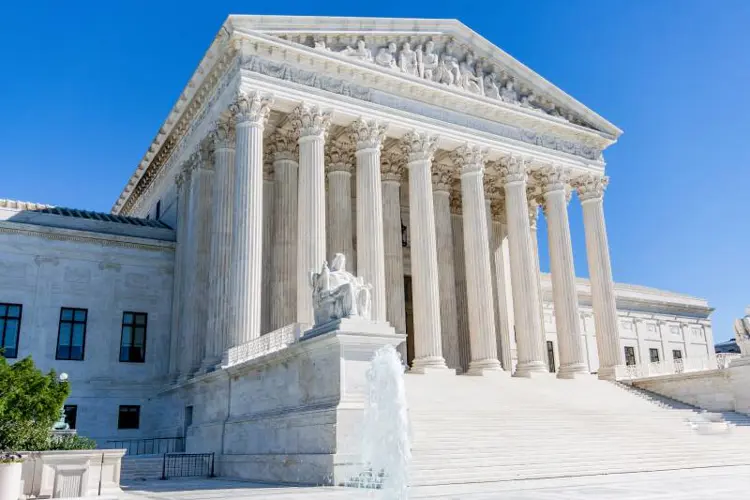Two vape manufacturers are seeking Supreme Court review of their unsuccessful appeals of FDA marketing denial orders (MDOs). Both have filed petitions for writs of certiorari with the high court in recent weeks.
The petitioners: Magellan Technology and Lotus Vaping Technologies
Magellan Technology, Inc. filed its Supreme Court petition on Jan. 22, asking the court to review its appeal denied last June 16 by the Second Circuit Court of Appeals. The appeal challenged MDOs issued in September 2021 for 12 non-tobacco-flavored refill pods for the company’s Juno pod vape.
Lotus Vaping Technologies, LLC, petitioned the high court on Feb. 9. Lotus received MDOs in September 2021 for over 200 bottled e-liquids, representing several brands, numerous non-tobacco flavors, and multiple nicotine strengths. The company’s appeal (consolidated with Nude Nicotine, Inc.) was denied by the Ninth Circuit Court on July 7, 2023.
Magellan is based in western New York State, and Lotus is located in Idaho. Both companies are represented by attorney Eric Heyer of the Washington, D.C.-based Thompson Hine law firm. Heyer has handled numerous appeals for vaping industry clients.
Dozens of vaping manufacturers and distributors have challenged FDA denials in federal courts. Many cases are still pending.
The circuit court split is growing
To be accepted for review, four of the nine Supreme Court justices must agree to grant a writ of certiorari (Latin for “to be made certain”). The number of petitions accepted for review by the Supreme Court each year is small—only about two to four percent of those submitted. If the court does not accept the petitions, the lower court decisions will stand.
So far, no vaping-related appeal has been granted a Supreme Court review. All the cases listed below were denied without comment. That said, some observers believe the FDA’s vaping regulations are ripe for review by the high court, primarily because the recent Fifth Circuit Court decision against the FDA in the Triton Distribution appeal indicates a stronger split in circuit court opinions than existed previously.
Five circuits have upheld FDA denials. But the Fifth Circuit ruling, combined with an Eleventh Circuit decision in favor of six vape manufacturers in 2022, and a partial victory for Fontem US (Blu) last year in the District of Columbia Circuit, could be enough to convince four Supreme Court justices to accept the Magellan or Lotus appeal.
The FDA could also seek Supreme Court review of its loss in the Fifth Circuit. This was a possibility mentioned by Case Western Reserve University School of Law professor Jonathan Adler in a Reason blog about the Triton decision. Adler, a renowned legal scholar, has written extensively about vaping regulations.
Tobacco industry lawyers also seem to think the Supreme Court could step in soon. On Feb. 1, R.J. Reynolds filed a motion asking the Fifth Circuit to stay proceedings in its appeal of Vuse menthol refill MDOs “pending resolution of any further proceedings” in the Triton Distribution case, “including before the Supreme Court of the United States.”
Previous vaping-related petitions to the Supreme Court
As mentioned above, previous vaping petitioners have struck out so far at the Supreme Court:
The court has rejected two cases brought by R.J. Reynolds that challenged flavor bans in California. On Jan. 8, the court declined to review Reynolds’ lawsuit against the State of California regarding the statewide law banning the in-person sale of flavored vape and tobacco products. In February 2023, the court refused to hear Reynolds’ challenge of a similar ban by Los Angeles County.
Last October, the Supreme Court denied a petition by AVAIL Vapor for a review of its MDO appeal that had been denied in December 2021 by the Fourth Circuit. The petition was rejected without comment.
In December 2021, the Supreme Court declined to hear Breeze Smoke’s application for a stay pending appeal of its MDO, after the Sixth Circuit Court of Appeals had already denied a stay.
In June 2021, the high court denied a petition to rehear an appeal of a consolidated lawsuit by several small vape businesses challenging the FDA Deeming Rule. That case, Moose Jooce, et al. v. FDA, et al., had been filed and appealed by the Pacific Legal Foundation.
Also in June 2021, the Supreme Court refused to hear a challenge to the Tobacco Control Act from Mississippi-based Big Time Vapes and the United States Vaping Association (USVA). The Tobacco Control Act is the 2009 legislation that granted the FDA authority to regulate tobacco and nicotine products. Big Time Vapes is believed to be the first vaping company to appeal a lower-court loss to the Supreme Court.
The Freemax REXA PRO and REXA SMART are highly advanced pod vapes, offering seemingly endless features, beautiful touchscreens, and new DUOMAX pods.
The OXVA XLIM Pro 2 DNA is powered by a custom-made Evolv DNA chipset, offering a Replay function and dry hit protection. Read our review to find out more.
The SKE Bar is a 2 mL replaceable pod vape with a 500 mAh battery, a 1.2-ohm mesh coil, and 35 flavors to choose from in 2% nicotine.
Because of declining cigarette sales, state governments in the U.S. and countries around the world are looking to vapor products as a new source of tax revenue.
The legal age to buy e-cigarettes and other vaping products varies around the world. The United States recently changed the legal minimum sales age to 21.
A list of vaping product flavor bans and online sales bans in the United States, and sales and possession bans in other countries.







